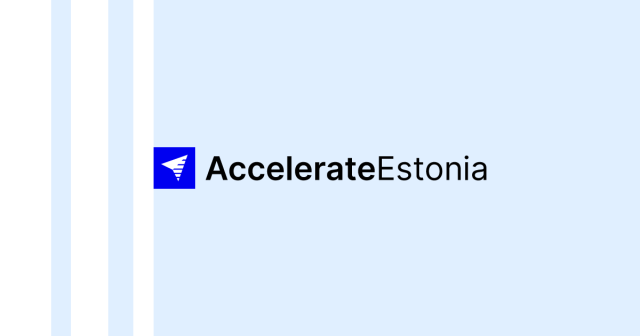
Grasping the Essentials of Certification
In an era where environmental concerns are paramount, the importance of sustainable practices has never been more evident. Recycled content certification stands at the forefront of sustainable manufacturing, fostering transparency, credibility, and a genuine commitment to preserving our planet.
Defining Recycled Content Certification
At its essence, recycled content certification is a formal external auditing process that verifies the amount of recycled materials present in a product. The result of this audit assures consumers and stakeholders that the product's claims about using recycled materials are accurate. Certification bodies thoroughly assess a product's composition and production methods, confirming that it meets predetermined standards, most often set by the factory, for recycled content. This validation strengthens the credibility of manufacturers, encouraging the adoption of sustainable practices and promoting a circular economy.
The Necessity of Traceability
One of the cornerstones of recycled content certification is traceability – the ability to trace the journey of materials from their origin to their integration into the final product. Without traceability, claims of using recycled content could remain mere rhetoric. Establishing a transparent trail of information ensures that the materials used are genuinely recycled, fostering trust between manufacturers and consumers.
Why Certification Matters
Certification offers a multitude of benefits for manufacturers, consumers, and the environment. For manufacturers, it provides a competitive edge by highlighting their commitment to sustainability and ethical practices. It bolsters brand reputation, resonating with consumers who seek eco-friendly options. Moreover, certification encourages continuous improvement, pushing manufacturers to explore innovative ways to incorporate recycled materials.
For consumers, certification provides peace of mind. With the rise of greenwashing – when companies exaggerate or falsely claim their products are environmentally friendly – certification acts as a beacon of authenticity. Consumers can confidently make purchasing decisions, knowing they are supporting products that align with their values.
Grasping the Essentials of Certification
Understanding the essentials of recycled content certification is pivotal for both manufacturers and consumers. Here are key aspects to consider:
- 1. Verified Recycled Content Percentage: Certification involves calculating the percentage of recycled materials in a product. This figure substantiates the product's commitment to sustainability. Manufacturers should ensure accurate measurement and reporting to avoid misleading claims.
2. Material Tracking and Verification: The traceability of materials is integral to certification. Manufacturers must have a clear record of where materials originated and how they were transformed into the final product. This transparency reinforces credibility.
3. Consistency in Standards: Various certification programs exist, each with its set of standards. Manufacturers should select programs that align with their values and adhere to those standards consistently.
4. Communicating Certification: Manufacturers should effectively communicate their certification status through product labels, marketing materials, and online platforms. Transparent communication further establishes trust and helps educate consumers about their sustainable choices.
5. Regulatory Compliance: Manufacturers must stay informed about regulations and guidelines related to recycled content. Compliance ensures that certified products meet legal requirements, enhancing the product's credibility.
Recycled content certification serves as a guiding light for sustainable manufacturing. It embodies the principles of transparency, accountability, and genuine commitment to environmental preservation. By grasping the essentials of certification, manufacturers can navigate the intricate landscape of sustainable practices, and consumers can make informed choices that reflect their values. As we move forward into a future where conscious consumption is imperative, recycled content certification remains a beacon of hope, uniting industries and individuals in the shared mission of protecting our planet.



